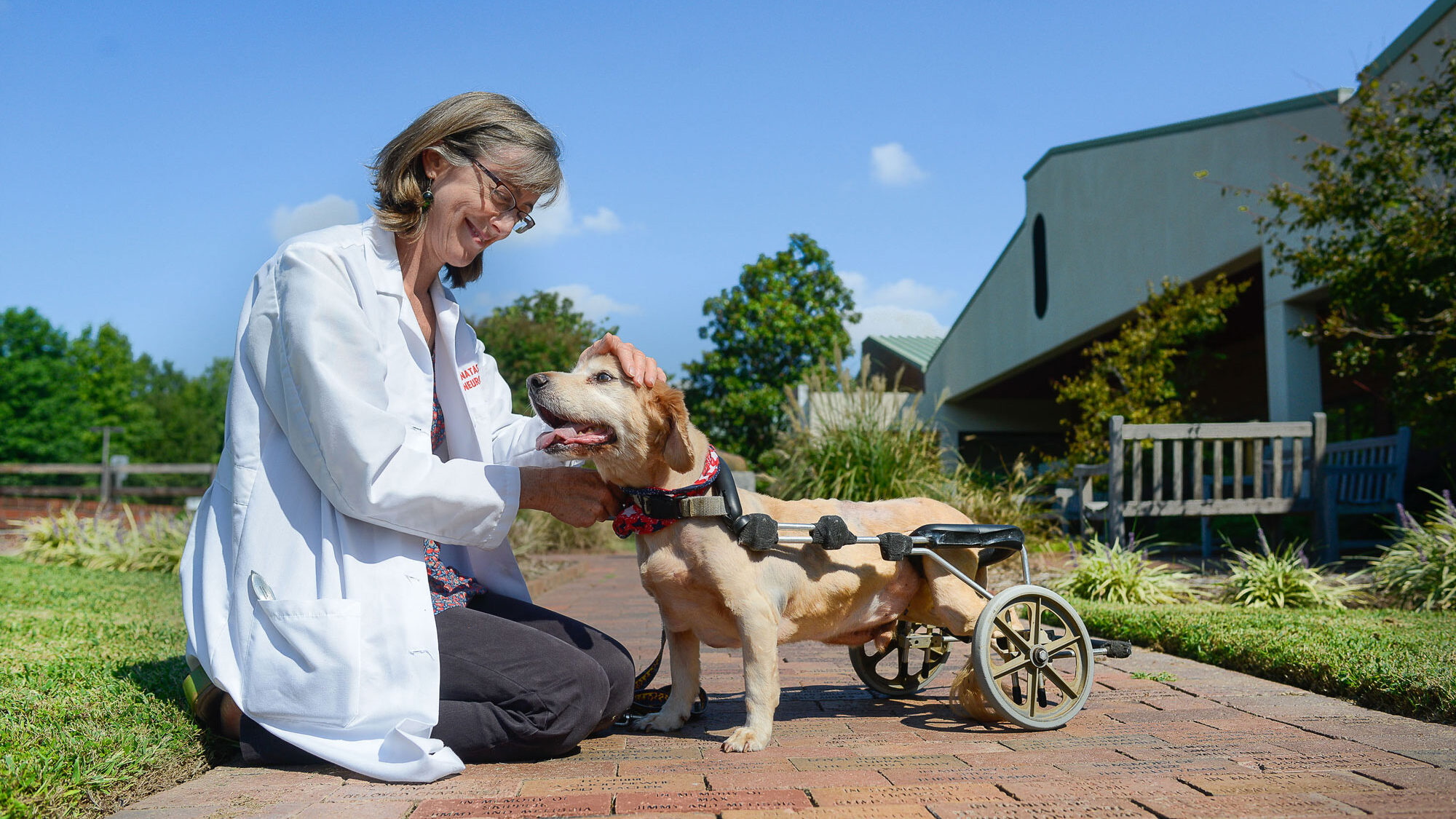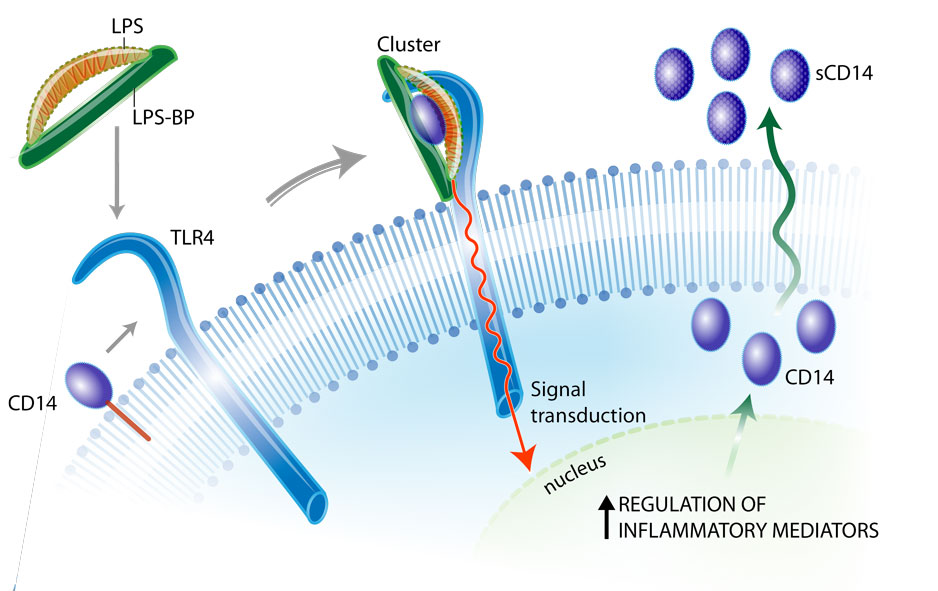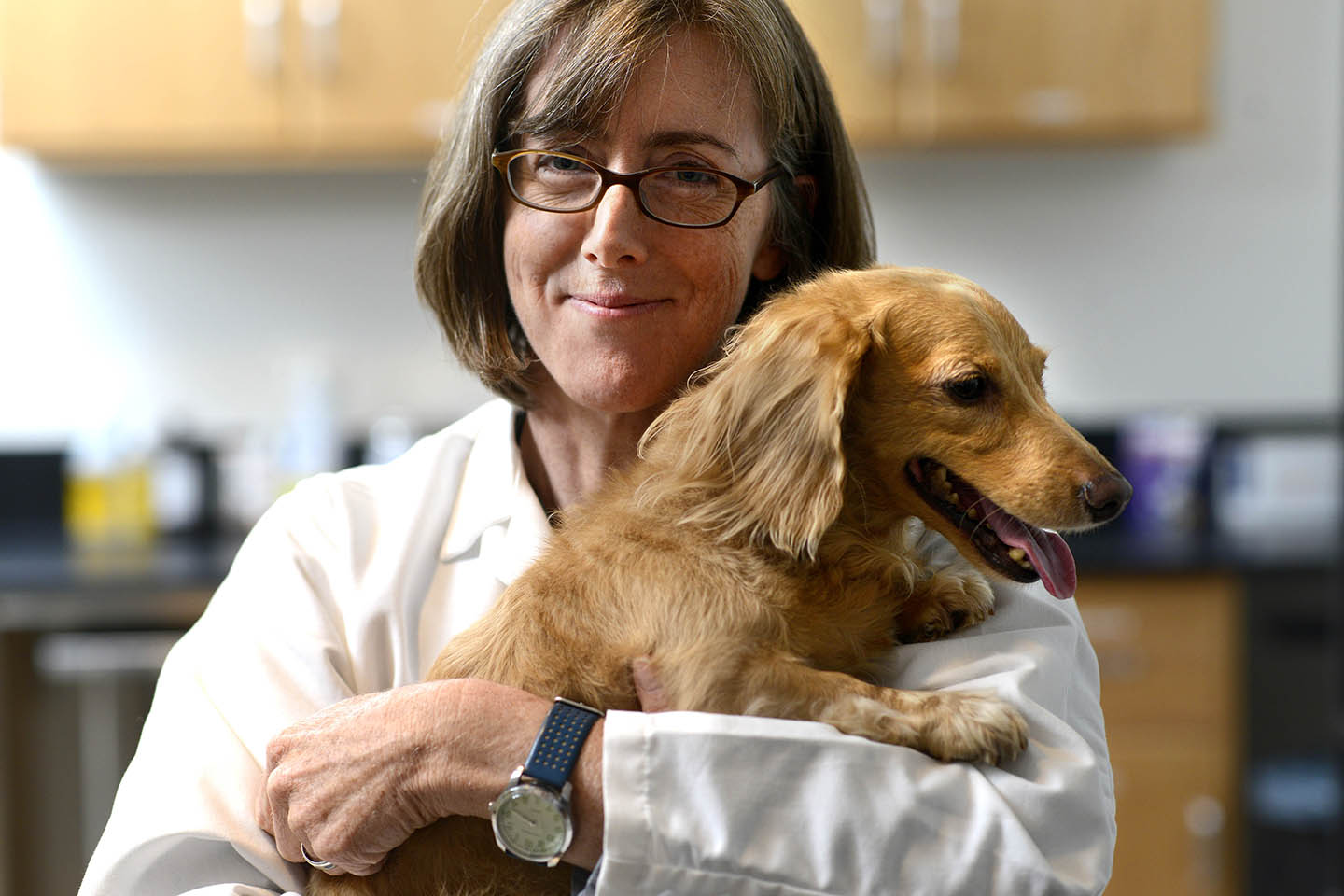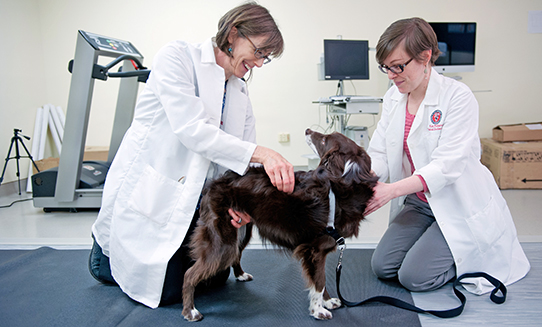Natasha Olby

Olby Receives Largest Endowed Chair in NC State History

July CVM Research Roundup

Translational Research Sparks Grad Student’s Extraordinary Passion

On the Move: Dr. Natasha Olby

Neurology Study May Lead to Better Outcomes for Paraplegic Dogs
Canine Paralysis Study Suggests Spinal Cord Injuries Require Customized Treatments
Natasha Olby Recipient of Faculty Achievement Award from American Association of Veterinary Clinicians
